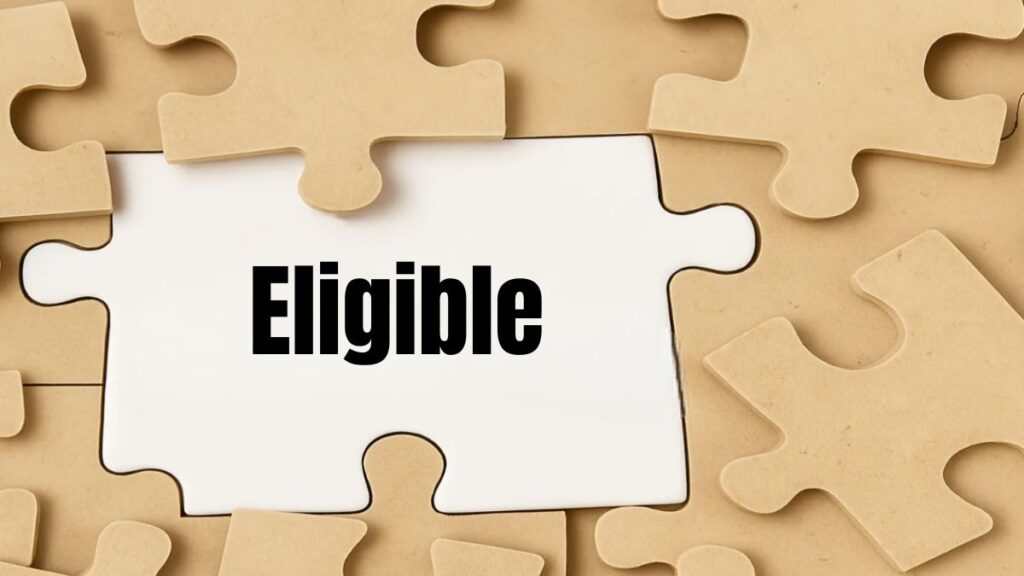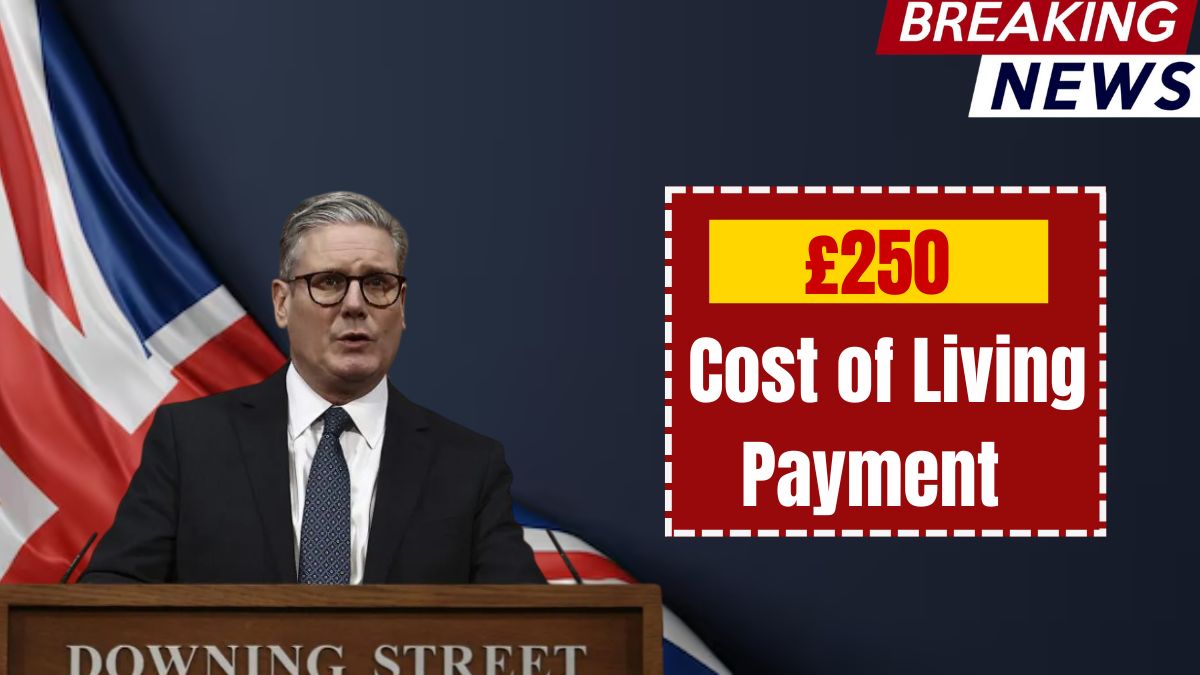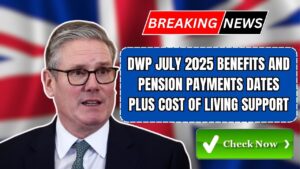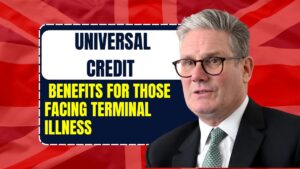UK £250 Cost of Living Payment Coming in July 2025: Rising inflation and cost of living in the UK has become a major concern for people for the last few years. Especially low-income families, elderly citizens, disabled persons and people receiving social security benefits are facing the direct brunt of this rising inflation. The Cost of Living Payments given by the government as relief from time to time have become an important support for these sections.
Now in the month of July 2025, the government is going to give a £250 Cost of Living Payment again. This payment will be given to those eligible beneficiaries who meet the eligibility conditions set by the government. This article will give you every important information about this payment.
What is Cost of Living Payment?
The Cost of Living Payment is a government financial aid given by the UK government to people who are unable to cope with the effects of inflation. This payment is given as a lump sum to those receiving Universal Credit, Pension Credit, or other qualifying benefits.
The government aims to provide some relief to vulnerable sections with this additional payment in the form of expenses for electricity, gas, food and everyday necessities.
£250 payment: in July 2025
In the month of July 2025, the government will send a lump sum of £250 to the bank accounts of eligible beneficiaries who are receiving the prescribed benefits up to a certain cut-off date. This amount will be given separately and it will be different from your normal benefit payment.
Possible payment dates:
Although it is unofficially unknown when it should take place, this payment can be issued anytime within the period, July 15-July 31, 2025.

Who is going to receive this 250 money?
You are eligible for this payment if you have received or are receiving one of the government benefit schemes, such as:
- Universal Credit: If you are eligible for Universal Credit in July 2025 and have claimed it during a set period of payments (such as a “qualifying period”).
- Pension Credit: Senior citizens receiving Pension Credit will benefit from this payment, provided they are enrolled in it during the eligibility period.
- Income-based Jobseeker’s Allowance (JSA): If you are a beneficiary of income-based JSA, you may receive this payment.
- Income-related Employment and Support Allowance (ESA)
- Income Support
- Working Tax Credit / Child Tax Credit
Although HMRC issues a separate payment in the case of tax credits, eligible people will definitely get this help.
Who will not be eligible?

You won’t get this payment if:
- You’re receiving New Style JSA or New Style ESA (unless you’re taking Universal Credit alongside)
- You haven’t claimed the benefit during your eligibility period
- You haven’t updated your information correctly
How will you get the payment?
- You’ll receive the £250 amount:
- Straight into your bank account
- The payment will be marked DWP Cost of Living or HMRC COL Payment
- There’s no need to apply for this payment
- It will be automatically transferred by the government to eligible beneficiaries.
Didn’t get a payment? So do this
If you haven’t received this payment by August 2025, then:
- First make sure you are eligible for all those schemes
- Go to the DWP or HMRC website and report a “missing payment”
- Keep your payment history and National Insurance number ready
- You can also contact Citizen’s Advice or Universal Credit Helpline
What is the purpose of this payment?
With the inflation in the UK, the cost of living has shot up beyond limits: e.g.:
- Energies bills (Gas & electricity)
- Food prices
- Household expenses
- Health care expenses
Through this payment, the government wants to provide temporary relief to the vulnerable sections so that they can bear this economic pressure a little better.
From a statistical perspective:
- More than 8 million people benefited from Cost of Living Payments in 2024
- This number could be even higher in 2025
- The government has set aside more than £2 billion for these payments in the 2025–2026 budget
Will there be more such payments in the future?
Yes, if inflation gets out of control, the government may plan similar Cost of Living Support Payments in the future.
Therefore, it is important that:
- Keep your benefit claim updated
- Follow the new instructions of DWP or HMRC
- Get information only from the official portal
Conclusion:
The £250 Cost of Living Payment to be received in July 2025 is an essential financial support for those who are going through the current economic crisis. The government plans to provide this payment in a simple, automated and transparent manner, so that eligible citizens get timely help If you are a part of government benefits, it is important that you keep your information updated, make your benefit claims on time and immediately contact the concerned department in case of any mistake.
FAQs
Q1. What is the £250 Cost of Living Payment in July 2025?
A. It is a one-off payment of £250 from the UK government to help eligible low-income individuals and families cope with rising living costs.
Q2. Do I need to apply for this payment?
A. No. The payment will be made automatically to eligible individuals. There is no need to apply.
Q3. When will the £250 payment be made?
A. The payment is scheduled for between 15 July and 31 July 2025, although exact dates may vary slightly.
Q4. How will I receive the payment?
A. The amount will be directly deposited into your bank account, with the reference “DWP Cost of Living” or “HMRC COL Payment”.
Q5. Will I receive this payment if I only receive New Style JSA or ESA?
A. No. People receiving only New Style JSA or ESA are not eligible, unless they also receive Universal Credit.




